

We use chemicals every day, and they’re all around us. We know different chemicals come in different forms and that they will behave differently in different situations depending on things like ...
READ MORE
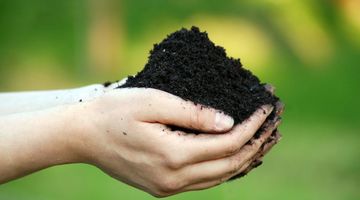
We rely on the land to provide the country with food, mineral resources and places to build our homes and industries, but all these uses can put a strain on the land and affect the soil itself ...
READ MORE

New Zealand has been inhabited by humans only relatively recently but, in the last 800 years, we have made a big impact on our environment, and have altered it biologically, chemically and ...
READ MORE
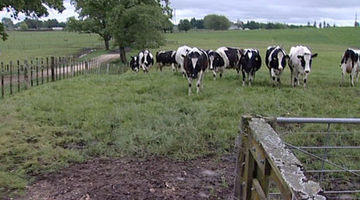
In this activity, students explore ethical issues related to farming and environmental pollution. They learn about the science involved and the range of perspectives among stakeholders. By the ...
READ MORE

In this activity, students research the effect of common pollutants on our waterways and hold a mock trial to determine the worst pollutant in the country. By the end of this activity, students ...
READ MORE
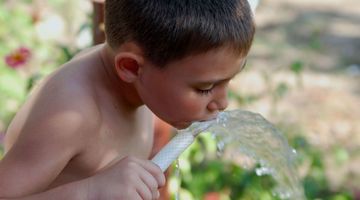
In this activity, students investigate the issues surrounding water in their local area and relate this knowledge to water issues in other countries. By the end of this activity, students should ...
READ MORE
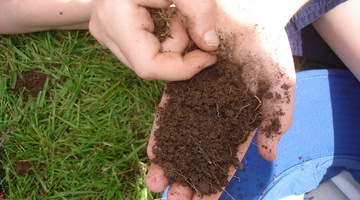
Earthworms are useful indicators of soil health. This project aims to capture information on earthworm abundance and species distribution throughout New Zealand. Information provided will be used ...
READ MORE

Be part of a worldwide movement and use Global Earth Challenge to submit or classify photos to help our planet’s environment and human health. Global Earth Challenge is a citizen science campaign ...
READ MORE

Globe at Night is an international citizen science campaign to raise public awareness of the impact of light pollution by inviting citizen scientists to measure and submit their night sky ...
READ MORE

Soil – it’s much more than dirt. Soil keeps us alive. Without soil, we would be hungry, thirsty, naked, homeless and breathless. Soils differ from location to location and are a range of colours ...
READ MORE
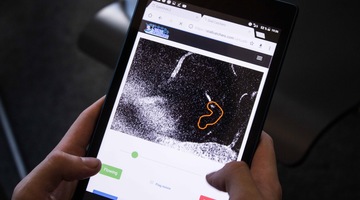
Games have long been used for developing both skills and knowledge in the education sector. As digital technologies continue to develop, the range of digital learning games also continues to ...
READ MORE

Freshwater is defined as inland water – springs, streams, rivers, lakes and wetlands. It includes water that is stored in glaciers and under the ground within soil and in aquifers. Freshwater is ...
READ MORE
Professor Simon Kingham, from the University of Canterbury, discusses how air pollution can be made up of many components. The size and amount of particulates in the air can give a measure of the ...
READ MORE
ESR scientist Dr Wendy Williamson is developing a method for detecting viruses in the water. She is also monitoring waterways so that a standard for safe drinking water can be developed. The ...
READ MORE
Dr Adrian McDonald tells us why his research on the interaction between atmospheric dynamics, chemistry and climate is important for the development of climate models. Points of interest: Why do ...
READ MORE

An interactive showing the main components of the terrestrial nitrogen cycle. Select one of the buttons to find out more. Go here to view the full transcript and copyright information.
READ MORE
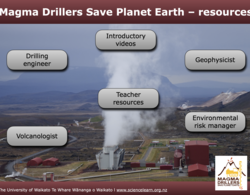
This interactive introduces and houses resources developed by Magma Drillers Save Planet Earth – a University of Canterbury project funded by Curious Minds. Select here to view the full ...
READ MORE

This is the slideshow from the webinar, An introduction to Aqua Republica – a serious game, it provides additional support for the video tutorial.
READ MORE